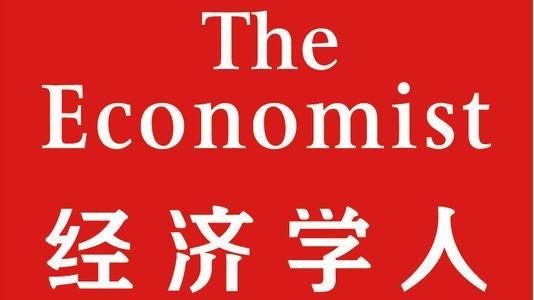上海高考新题型之小猫钓鱼 9
Why is it so hard to go meatless in China?

The planet needs China to ____1____ its appetite for meat. In the first three decades of the "reform and opening" era the number of farmed animals in the country tripled. Raising them polluted water supplies and gobbled up (大量消耗) scarce arable land. Around the globe, Chinas growing hunger for red meat, specifically, has seen its beef imports grow 40-fold between 2010 and 2018. The boom threatens Latin American forests and Arctic ice caps alike, as cattle-rearing ____2____ land-clearing and emits greenhouse gases.
To be fair, Chinas 1.4bn people are being asked to show a self-restraint unknown in the gluttonous West. Even now, in a China where children yawn at dishes their grandparents once saw only at weddings and high holidays, meat ____3____ per person is only half of Americas. But Chinas government, too, wants its people to eat less meat. Obesity, type-2 diabetes and high blood pressure are taking a growing ____4____. To curb such afflictions, guidelines ____5____ in 2016 urge adults to eat just 40-75 grammes of meat a day, or about half the current national average. Market signals are also pushing shoppers to cut back. Chinas most popular meat, pork, is nearly 70% costlier than a year ago because herds are being wiped out by African swine fever, a disease harmless to people but ____6____ to pigs.
Even before this latest animal epidemic, Chinese living in wealthier cities were having qualms (担忧) about ____7____ meat-eating. In 2017 a survey of big-city residents found 36% of respondents intending to eat less pork, red meat and poultry in the year ahead. They cited concerns about their health, the environment and food safety, in that order. But a solution common in other countries -- ____8____ oneself strictly vegetarian or vegan -- remains strikingly rare. Less than 2% of the Chinese population is vegetarian, the food industry estimates. The proportion is 10% in neighbouring Taiwan, an island with centuries of shared Chinese culture and history. Its contrast with China in terms of attitudes to vegetarianism reveals much about the mainlands society, and how it either ____9____ or resists change.
In the West, angst about animal welfare or disgust at the idea of meat are big motives for vegetarians. Chinese consumers are less squeamish. Few mention animal suffering in surveys about dietary choices, and fewer still a distaste for meat. This week Chaguan visited Number 8 Market, a bustling (熙熙攘攘的) foodies delight in the coastal city of Xiamen. He found locals admiring butchers stalls ____10____ anatomy (解剖) classrooms, with body parts from tongues to trotters laid out for inspection. Chen Zhiqiang, a young man giving a chunk of pork a discerning prod, concedes that some children claim to dislike meat. But it is necessary for their health, he declares, "So you have to sneak it into them with soup."
1-5 BADEC 6-10 KFIHG





